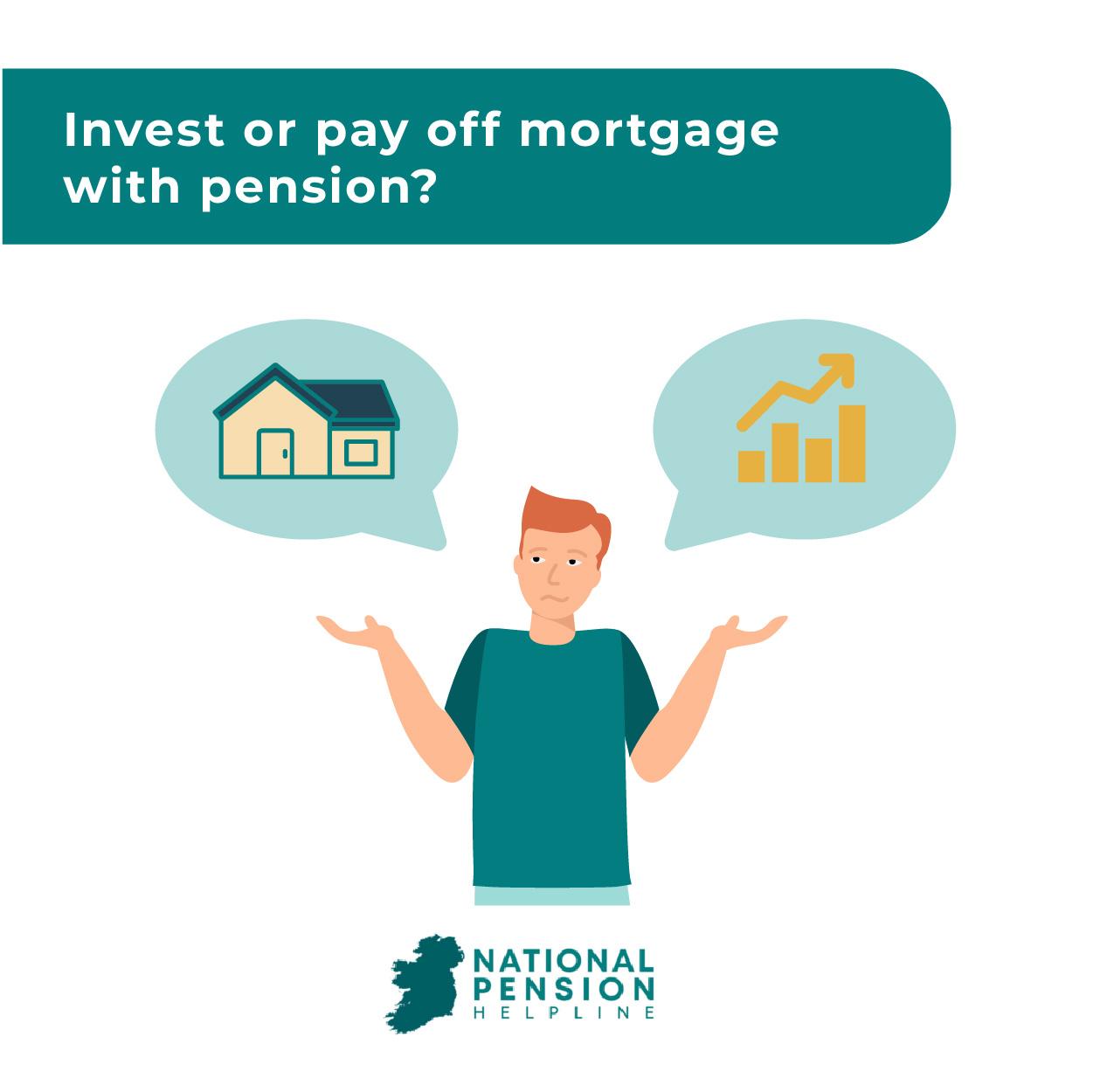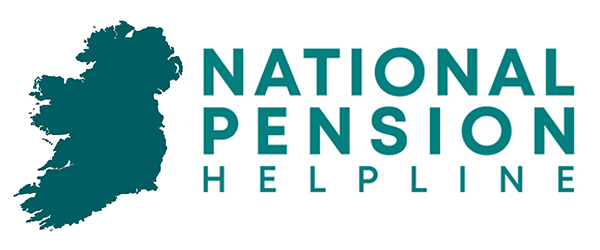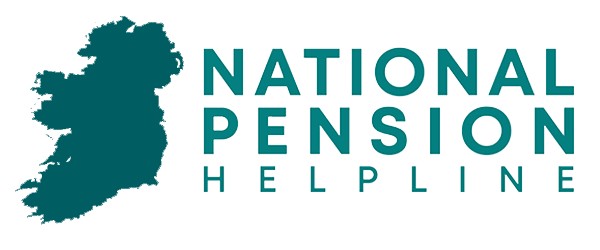Far from being at a stage where their mortgage is cleared, their children independent and they can reap the rewards of an established career, many over 50’s in Ireland are, instead, under significant financial pressure.
Rising interest rates have pushed mortgage and debt repayments higher than ever and many homeowners in their 50s are still carrying large mortgages or personal loans well into what should be their peak earning (or saving) years.
Parents are also under pressure to financially support adult children, particularly with housing deposits and rising education costs.
A Little-Known But Legal Option: Accessing Pensions at 50
You may not know that there is a legal way to access pension savings with a tax free lump sum and use them to pay off your mortgage or pay for other expenses.
If you are over 50, and have left an employer with whom you had an occupational pension, you may have the option of receiving 25% of your old pension as a tax free lump sum.
Tax free lump sum
This lump sum may provide a useful means to pay down or off your mortgage, pay off expensive personal debt, or help your children with college fees or a house deposit.
If you have a personal pension or PRSA you may be able to draw funds from this pension from age 60.
This is similar to the old SSIA scheme in the sense that this tax free lump sum will also have benefitted from tax relief on the contributions.
Pension retirement bond (PRB)
If you leave your employment, you leave the company scheme, or your company winds down the company scheme, you may choose to leave your pension as it is and it will continue to be managed by the current trustees.
You may also have the option of transferring the pension into a Personal Retirement Bond (or Buy Out Bond), or a PRSA.
A PRB is a personal policy with the value of your fund invested in a bond and you may have the option to choose the fund your money is invested in with the investment growth tax free.
With this option, you may be able to access a tax free lump sum.
Personal Retirement Savings Account (PRSA)
A PRSA is a pension in your own name that you can keep when you change employment and can contribute to flexibly as suits your circumstances.
If you leave your employer and transfer the funds from your occupational pension to a PRB you cannot make further contributions, but this is not the case with a PRSA.
However, you cannot access a lump sum from a PRSA until you are 60.
Why Homeowners Are Tapping Into Their Pensions Early
Accessing your old employment pension funds will allow you to personally take control over your pension and may also allow you to take a 25% lump sum, even if retirement is still a long way off.
There are numerous reasons why you might consider this option:
Mortgage payments
Rising monthly repayments have made paying off or paying down your mortgage appealing, especially for those nearing retirement.
Although you may forgo some income in retirement, it can be reassuring to know that you will save in spiralling mortgage costs.
Debt
Short term debt is expensive and repayments will drain your monthly income and add to already rising outgoings.
Credit card and personal loan interest can be upwards of 12–20% meaning that paying it off with pension funds may be financially wiser than letting it snowball.
Helping your children buy their own home
You may also choose the option of helping your children with housing deposits, which will be at least 10% of a high purchase price.
Parents are increasingly having to step in to help adult children enter the housing market, especially with mortgage lending limits and savings challenges.
College fees
College fees, and associated costs such as accommodation and transport, can really add up especially if you have several children of college age.
For families with children in or heading to university, pension access offers an alternative to taking out loans or using savings to pay college fees.
Is There a Tax Penalty?
Not necessarily. A portion (typically 25%) of the pension can be withdrawn tax-free. The remaining drawdowns may be subject to income tax, but often at lower marginal rates if managed carefully.
With advice, many Irish homeowners are strategically withdrawing funds to minimise the tax burden.
Risks & Considerations
Using pension funds now means having less in retirement later — this isn’t a decision to take lightly. Market conditions, life expectancy, and inflation must be considered before drawing down early.
That’s why speaking with a pension adviser is critical. You will want to ensure that you balance short-term needs with long-term security.
Why This Strategy is Growing in Popularity
As awareness grows and more people see peers successfully using this approach, it’s becoming a mainstream financial planning strategy not just not a last resort.
Rather than face ongoing financial pressure and pay ever growing mortgage payments or face expensive short term debt, many over-50s are realising they can unlock funds early and use them more effectively than letting them sit untouched for another 15 years.
Like the SSIA scheme in the early noughties, unlocking your pension early takes advantage of Irish tax rules and it’s proving really popular with Irish pension investors.
Is It Right for You?
This approach isn’t for everyone, but for those with old pensions from previous jobs, it could open a new financial pathway.
Anyone considering this should start with a professional assessment as it’s important to understand eligibility, tax implications, and the long-term impacts on your retirement finances.
National Pension Helpline
If you want to access a tax free lump sum from age 50, you have queries about your pension and retirement needs, or you wish to receive a free consultation with one of our pension experts, contact us today.
Our pension assessment will enable you to speak to a Central Bank vetted and regulated advisor and discuss whether unlocking funds from your pension is the right decision for you.
Complete our pension assessment, call us or email us and unlock the potential of a tax free lump sum to transform your personal finances


